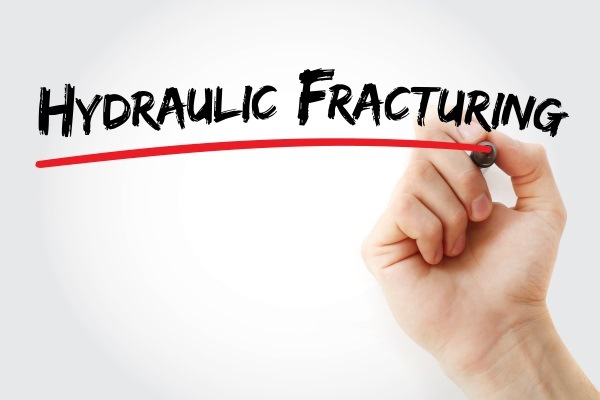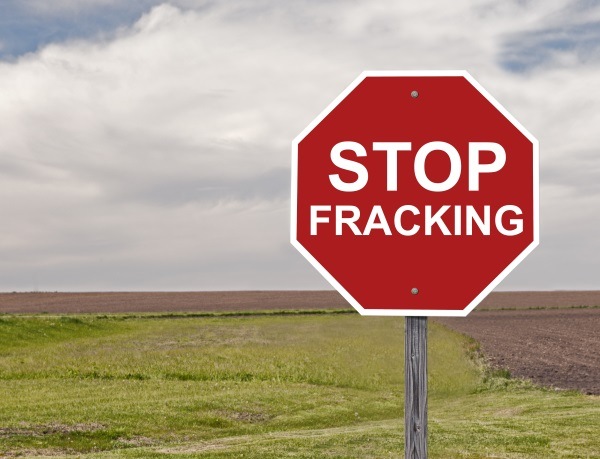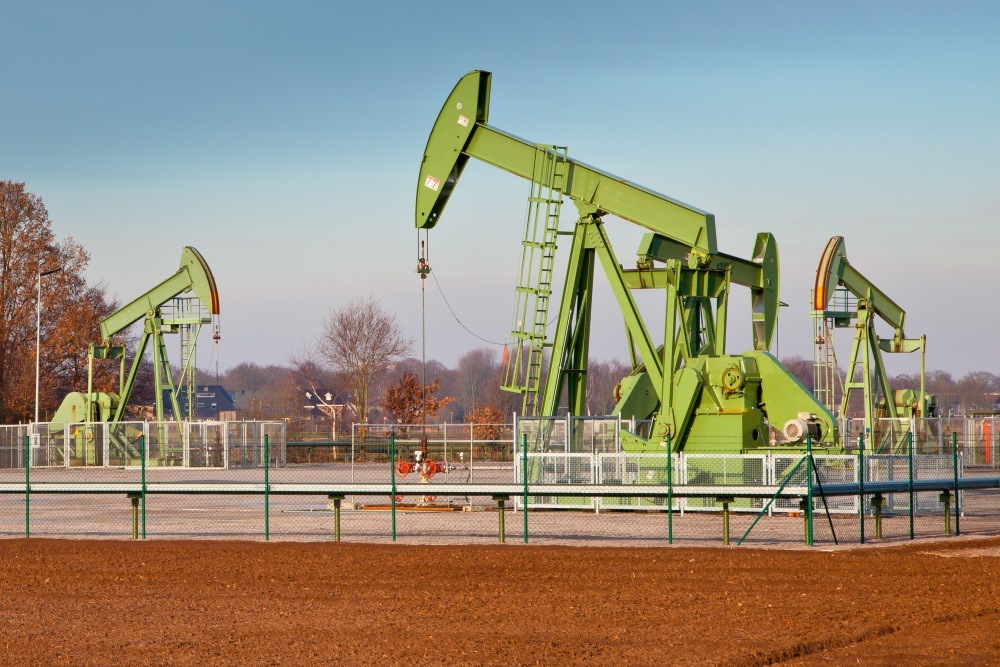The Need for Fracking and Enhanced Oil Recovery
Oil is considered the most important fuel for energy and transportation needs around the globe, so enhanced oil recovery vs fracking is a hot topic of conversation for oil industry investors.
In the United States, oil fields tapped out by conventional drilling methods are still laden with extensive amounts of oil trapped in the shale. Producing more oil output could only be achieved with innovative techniques to release this trapped oil from existing wells.
Fracking has been used for years to extract the hard to reach oil and enhanced oil recovery (EOR) is quickly becoming a promising route for producing more oil output than fracking.
What are the differences between the two methods?
The Fracking Process
Fracking uses water and chemicals forced into rock formations under high pressure to crack the rock, release the trapped oil, and push it to the surface.

Fracking has proven to be a huge success that has brought the price of petroleum and resulting petroleum products down.
The fracking industry has become cost-effective for delivering higher outputs of oil. However, many critics question the extreme water usage and environmental pollution associated with fracking.
Enhanced Oil Recovery
The enhanced recovery idea has been around a long time but was not financially viable until now.
EOR encompasses the newest techniques used in the oil industry for producing more oil output by using methods such as pumping carbon dioxide (CO2) into existing oil wells to release trapped oil from rock formations and extend well productivity.
The CO2 acts like a lubricant and releases an impressive amount of oil that even fracking can’t reach. Oil fields in New Mexico and Texas are currently profiting from this method, with plans to tap existing fields across the country soon.
The Benefits of EOR
The benefits of enhanced oil recovery vs fracking are the highlight of the use of steam, CO2, water, or other fluids instead of a chemical/water mixture to release trapped oil.
Existing oil well projects as well as the production skyrockets, sometimes bringing up more oil than during initial drilling.
CO2-based EOR is a preferred method that offers the reward of trapping CO2 underground during the process. Reducing CO2 levels from our air and sealing it within the earth’s surface keeps global-warming activists quiet.
Another enhanced recovery process is the use of de-watering technology that turns water soaked oil into the clean water for human or agricultural use, lowering industry pollution further.
Is Fracking on its Way Out?
EOR could produce up to 4 million additional barrels per day in the United States alone. As the use of these new oil recovery methods spread, more output is expected to add to our crude oil reserves.

The success of fracking will keep it in favor for many years, but the overall lessened environmental impact paired with heightened oil recovery will make enhanced oil recovery solutions a favorite as their benefits outperform traditional fracking methods.

